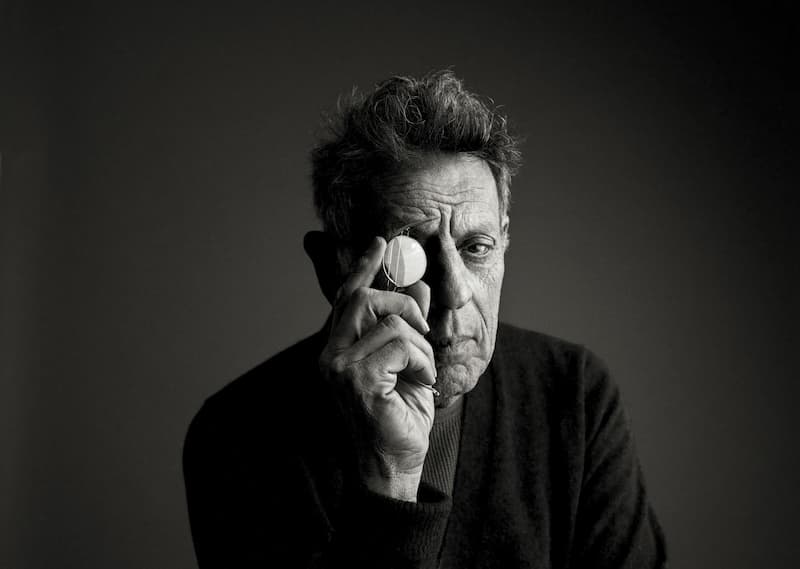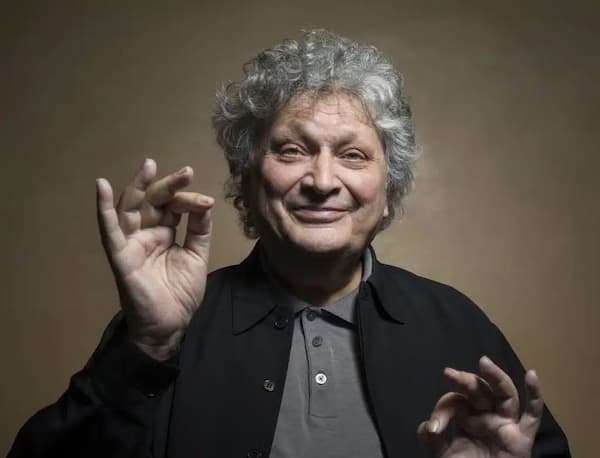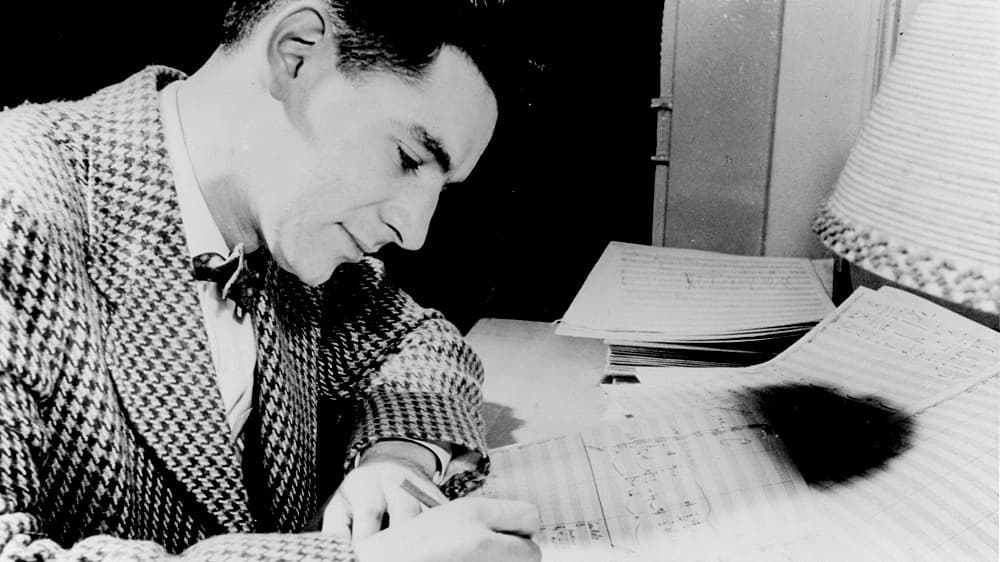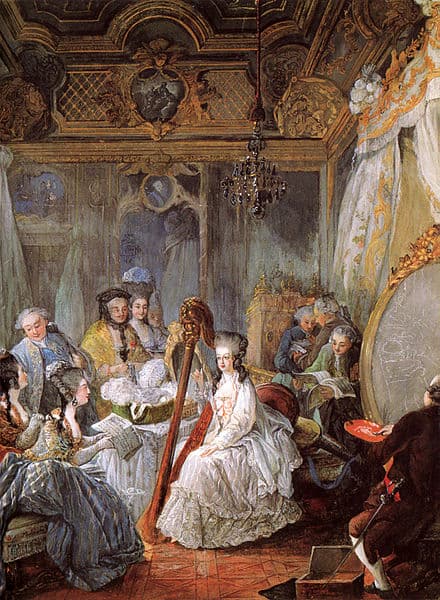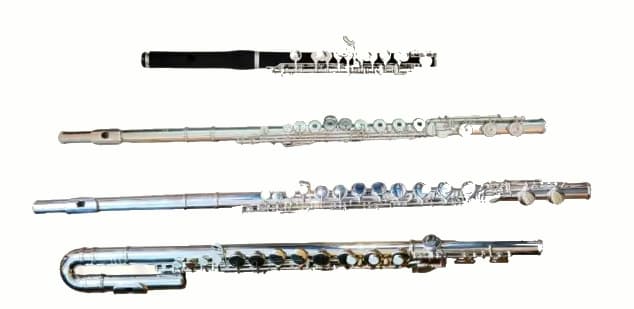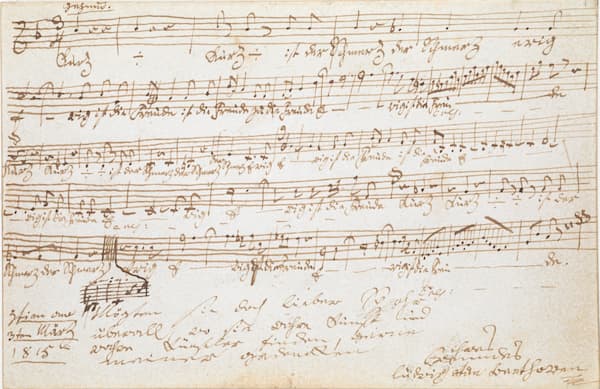One of the most discussed composers of our times; Philip Glass. When he first started performing and recording his music in the 1960s in New York, much of the conservative classical world initially rejected him. Luckily, sixty years later, it
Articles
The Belgian countertenor and conductor René Jacobs made his début in 1974, singing the role of “Clerio” in Cavalli’s Erismena in Amsterdam. Performing with many leading early and Baroque ensembles, Jacobs eventually founded his own group, “Concerto Vocale,” in the
In 1916, Swedish composer Hugo Alfvén was commissioned by the Royal Swedish Opera for a ballet that he completed in 1922. He considered it one of his finest works, but after its first season in production, opening on 7 February
Leonard Bernstein’s comic operetta Candide boasts the dubious distinction of representing the most frequently revised and rewritten composition in the 20th Century. Initially, in 1956, Bernstein produced a musical version of Voltaire’s 1759 novelette Candide, adapted by the American playwright
Initially, an entire population loved her, yet in the end, that love turned to hatred, and she lost her head in the French Revolution. Marie Antoinette (1755-1793) embodied everything that was rotten with royalty, and she certainly got some very
In 2014, American conductor, pianist, and composer Leonard Slatkin wrote Endgames, a work that would focus on the End Instruments, the instruments that sit at the ends of their respective sections in the orchestra, the highs and lows of the
The invention of the Gutenberg press set in motion a musical and societal revolution. For one, the demand for music as entertainment and as a social activity for educated amateurs increased with the emergence of a bourgeois class. From this
Imagine that you’re a composer. You grew up loving music. Maybe in your childhood you listened to works by giants like Mozart, and Beethoven, and Brahms. You spent decades learning an instrument. You attended elite educational institutions for many years,

